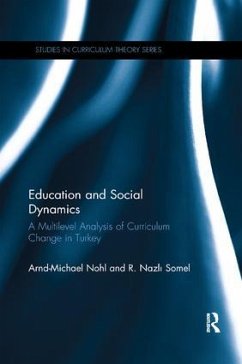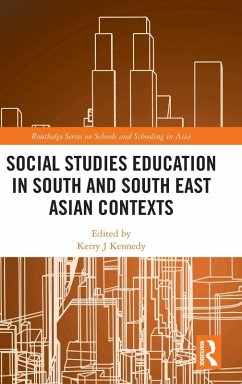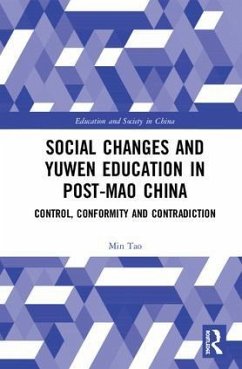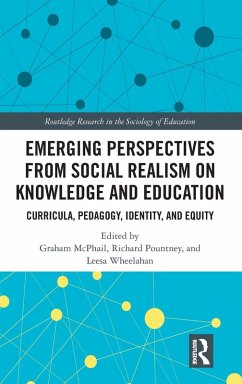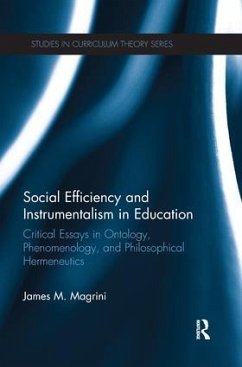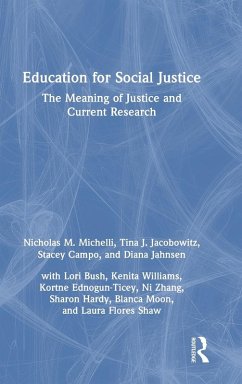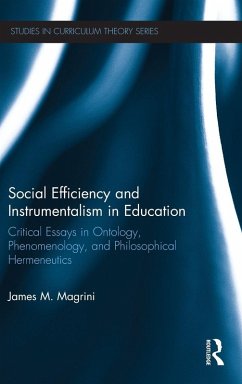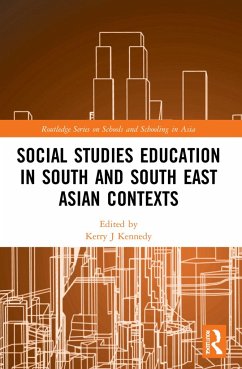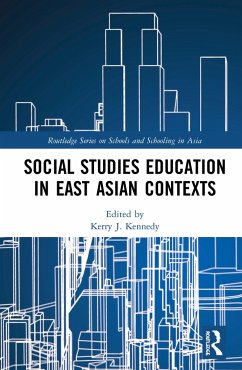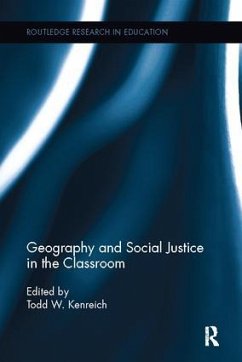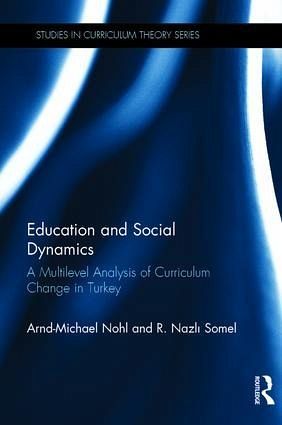
Education and Social Dynamics
A Multilevel Analysis of Curriculum Change in Turkey
Versandkostenfrei!
Versandfertig in 1-2 Wochen
142,99 €
inkl. MwSt.
Weitere Ausgaben:

PAYBACK Punkte
71 °P sammeln!
Education and Social Dynamics offers a new approach to analyzing curriculum change by investigating the entanglement of education and society in markedly heterogeneous Turkey, which has recently witnessed nation-wide curriculum reforms.





